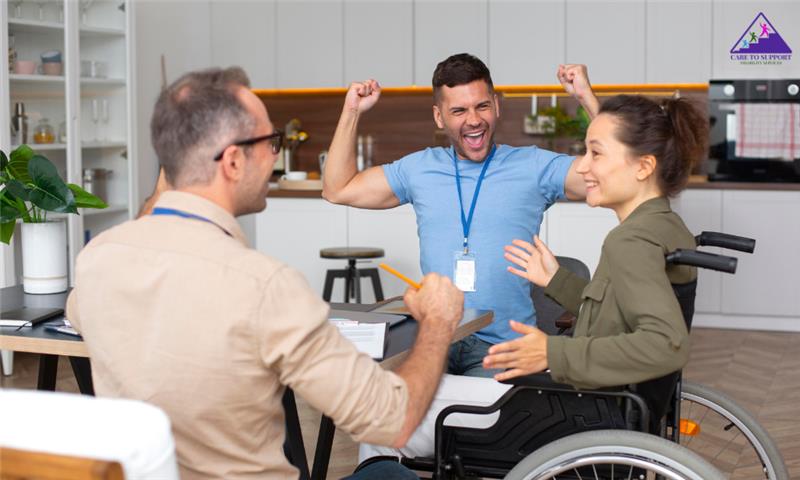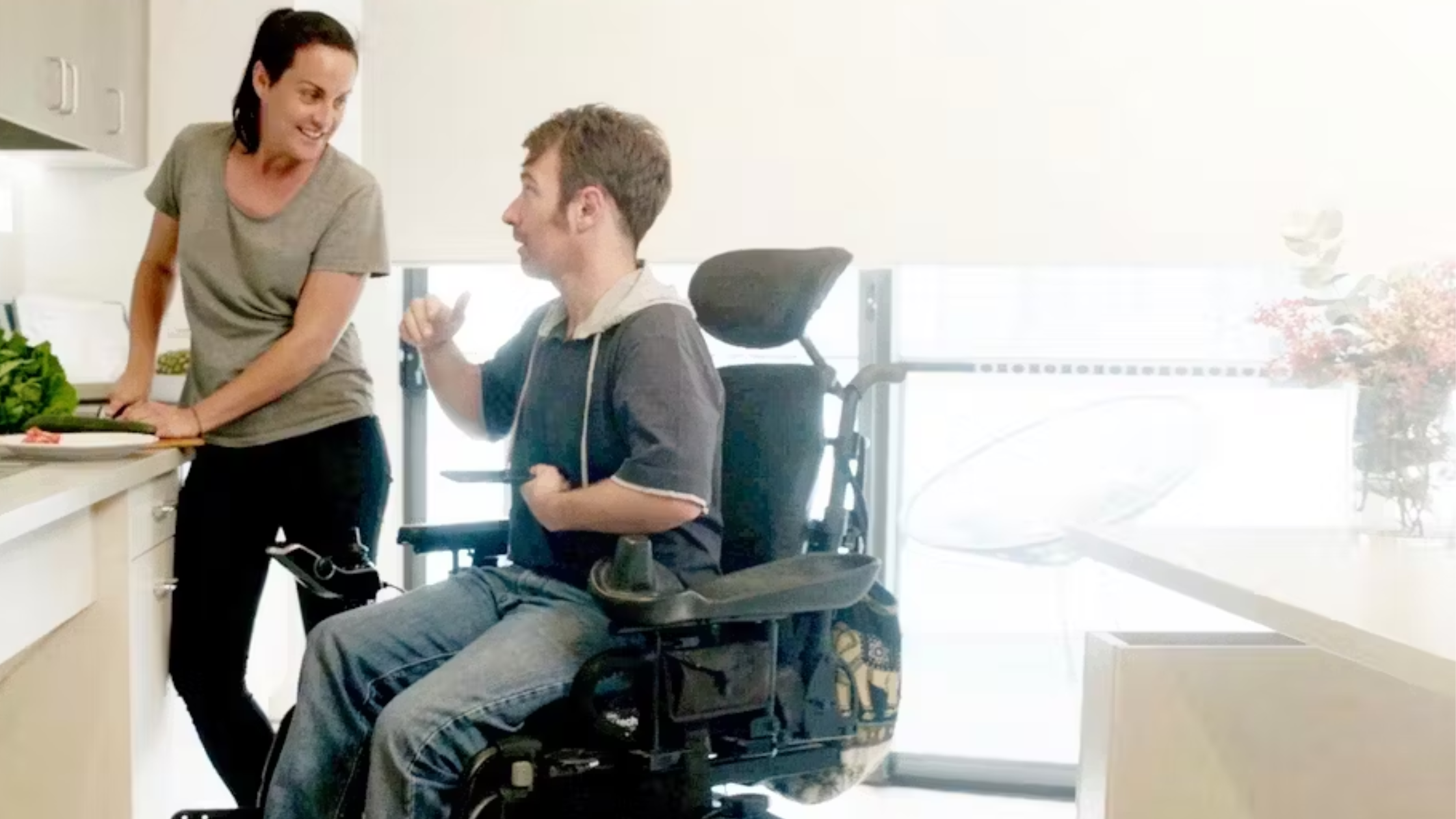
NDIS Life Skills Development Isn’t Just Training—It’s a Path to Freedom
When we talk about support for individuals with disabilities under the NDIS, “life skills development” is often mentioned as a key element of the plan. But what does it truly mean? Is it just about learning a few practical tasks? Or is it something deeper—something that helps participants live independently, feel confident, and reclaim a sense of personal agency?
In reality, NDIS life skills development goes far beyond basic instruction. It’s not just training—it’s a structured pathway to long-term freedom, independence, and personal growth.
What Is Skills Development and Training in the NDIS Context?
The NDIS offers funding to support people with disabilities to achieve their goals, and one crucial area of focus is skills development and training. This support is tailored to help participants become more confident in handling daily responsibilities, managing relationships, navigating their community, and improving communication and decision-making abilities.
From learning to cook a meal or manage public transport to understanding budgeting or using digital tools, the scope of this training is vast. But it all comes down to one core objective: empowering individuals to lead as independent a life as possible.
Why Life Skills Development Matters
Many NDIS participants may not have had consistent access to environments where life skills could be developed naturally. Whether due to physical, cognitive, or social barriers, they may struggle with tasks that are often taken for granted. That’s where structured, individualised life skills support makes a significant difference.
Here’s how effective life skills development under the NDIS leads to meaningful change:
1. Promotes Self-Reliance
By learning practical skills—from grocery shopping to managing medications—participants gain the tools they need to rely on themselves. This isn’t just a functional achievement; it builds confidence and reduces dependence on others for basic tasks.
2. Improves Emotional Wellbeing
When a person is actively involved in decisions about their daily life, it enhances their sense of purpose and control. These improvements in autonomy often lead to better mental health and emotional resilience.
3. Enhances Social Inclusion
Skills such as communication, conflict resolution, and community participation open doors to forming relationships, finding work, or volunteering. Participants become active members of their communities, not just passive recipients of care.
Independent Living Skills Training in Adelaide: A Local Perspective
For participants in Adelaide, independent living skills training plays a major role in helping them take control of their own lives within a local and familiar setting. Whether it’s navigating Adelaide’s public transport, participating in community activities, or learning how to maintain a personal routine, localised training is key.
NDIS providers in Adelaide often tailor their programs based on the environment and cultural context, which improves the relevance and effectiveness of the training. Life skills development in Adelaide becomes not just about the “how” but also the “where”—ensuring that the training fits into a participant’s real-life circumstances.
What Does Life Skills Training Actually Look Like?
Programs for skills development and training under NDIS vary widely depending on the needs of the individual. Some of the most common areas include:
- Personal care: grooming, hygiene, dressing
- Household management: cleaning, cooking, laundry
- Financial literacy: budgeting, paying bills, understanding money
- Transport training: how to safely use buses, trains, or taxis
- Digital literacy: using smartphones, apps, or online banking
- Social communication: expressing needs, building relationships, self-advocacy
Training can be one-on-one or group-based and is always person-centred. The aim is to support individuals in a way that’s aligned with their personal goals, cultural background, and daily challenges.
- Personal care: grooming, hygiene, dressing
What Makes Skills Development Effective?
Not all training is created equal. Effective life skills programs under the NDIS share a few key characteristics:
- Individualised: Tailored to the participant’s specific goals and capabilities.
- Consistent: Offered regularly, with clear benchmarks and progress tracking.
- Supported by experts: Facilitated by qualified support workers who understand both disability and teaching methodologies.
- Integrated with other supports: Coordinated alongside other services like occupational therapy, employment support, or mental health care.
When these elements are in place, life skills training becomes transformative—not just informative.
The Bigger Picture: Skills for Life, Not Just for Now
It’s important to remember that life skills training is not a checklist—it’s a journey. It evolves with the participant’s needs, age, and aspirations. What starts as learning to cook independently could lead to preparing meals for friends, working in a café, or even starting a small business.
These aren’t just hypotheticals—they’re real outcomes when training is delivered with care, planning, and a strong understanding of each participant’s potential.
How to Choose the Right NDIS Provider for Life Skills Development
If you’re seeking skills development and training under NDIS, it’s essential to choose a provider who sees participants as more than just clients. Look for:
- Experience in customised NDIS training programs
- Clear communication and progress reporting
- Staff trained in evidence-based practices
A strong reputation for respectful, participant-led support
Final Thoughts
NDIS life skills development is not just about learning to do things—it’s about learning to live fully. It’s the difference between managing and thriving. With the right training, guidance, and encouragement, NDIS participants can break down the barriers between dependence and independence.
In the end, it’s not just training—it’s a path to real freedom.
If you or your loved one is ready to start that journey, Care To Support is here to help guide the way with tailored programs that focus on real-world skills and lasting independence.
Recent Posts
- All Posts
- Blog






